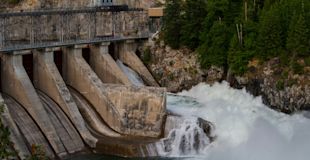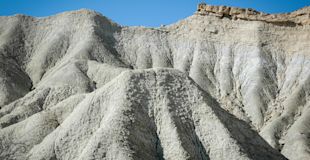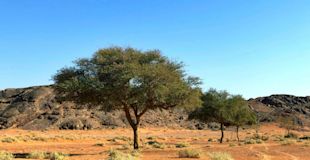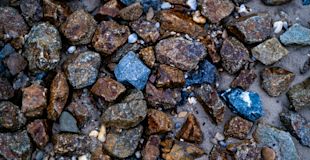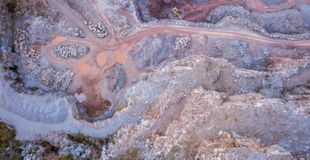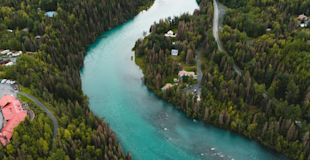Perpetua Resources & Nez Perce Case Study
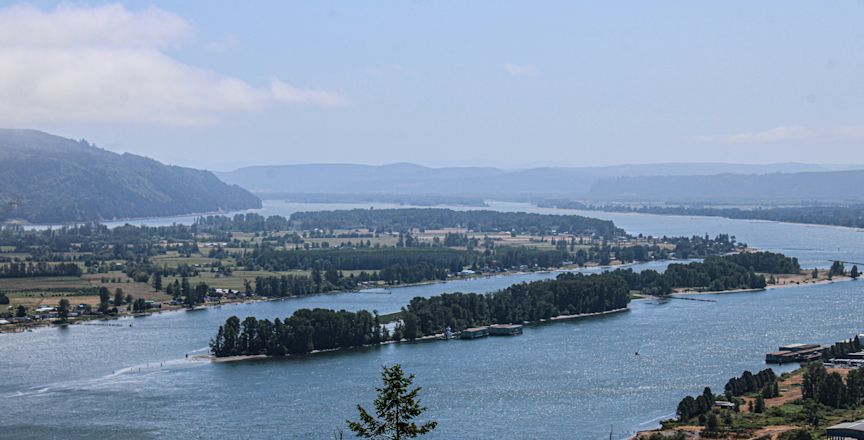
In January 2025, Canada-based Perpetua Resources received U.S. Forest Service approval to begin gold and antimony mining at a remote site near Yellow Pine in central Idaho. The project had been delayed for nearly eight years, largely due to ongoing disputes with the Nez Perce Tribe over the mine’s potential impact on their ancestral lands.
The mine is part of the first wave of approximately ten projects advanced under the Trump Administration’s “Critical Mineral Production Projects” initiative, aimed at expanding domestic mining of minerals deemed critical to national security. Perpetua plans to extract a gold deposit valued at $13 billion over 20 years while developing one of the largest known U.S. reserves of antimony—a mineral used in clean energy technologies, flame retardants, and military applications.
National Security and Supply Chain Goals
The company has promoted the project as a way to strengthen the nation’s antimony stockpile and reduce reliance on Chinese-controlled supplies.
Indigenous Rights and Environmental Concerns
The Nez Perce Tribe strongly opposes the antimony mine, citing its potential impact on already-threatened salmon populations in the Salmon River watershed. Salmon hold profound cultural and spiritual significance for the Tribe, which has treaty-reserved rights to fish, hunt, gather, and pasture in the region. The Nez Perce emphasize their responsibility to protect salmon for future generations and fear the project could irreversibly damage the watershed.
For over two decades, the Tribe, as co-manager of its treaty resources, has spent millions annually on fisheries supplementation, research, and watershed restoration as part of the broader Columbia River Basin salmon recovery efforts.
Water Quality and Legal Actions
The mine also raises concerns about water quality. In 2019, the Nez Perce sued Perpetua for alleged Clean Water Act violations, including the discharge of arsenic, cyanide, and mercury. The resulting settlement required Perpetua to pay $5 million over four years, with the majority going to a South Fork Salmon Water Quality Enhancement Fund and a portion for legal reimbursement.
Permitting Status
Despite Forest Service approval, the project still requires clearance from the U.S. Army Corps of Engineers. The Nez Perce continue to call on the Corps to honor their long-standing treaty rights before the project moves forward.
